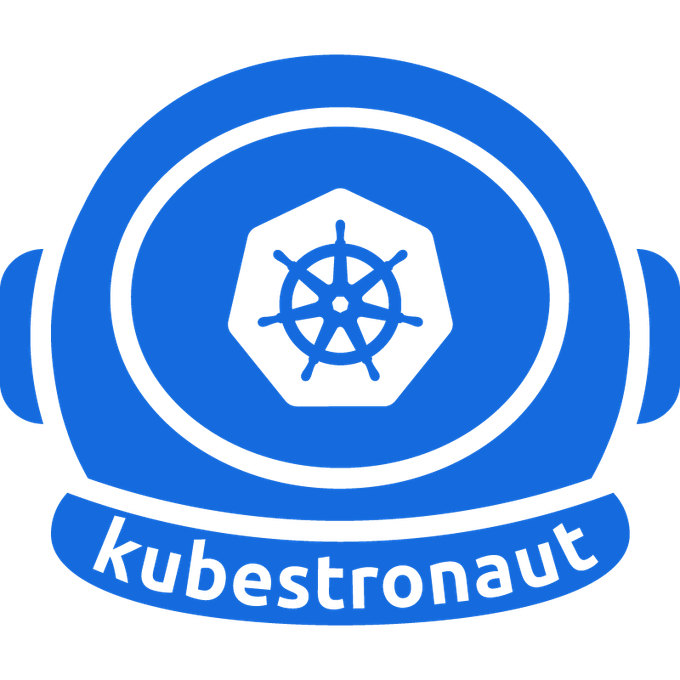
Table of Contents
Why Read Books to Get Started on DevOps
If you’re looking for the best books to get started on DevOps, you’re already on the right path.
While online tutorials and quick guides can show you the “how,” great books teach you the “why.” They help you develop real-world context the kind you’ll need when scaling infrastructure, debugging CI/CD pipelines, or automating deployments under pressure.
From foundational theory to hands-on tooling, the following ten books to get started on DevOps will give you the mindset and skills to thrive as a modern engineer.
1. The DevOps Handbook (2nd Edition)
If you read only one DevOps book in your life, make it this one.
Written by Gene Kim, Jez Humble, Patrick Debois, and John Willis, The DevOps Handbook explains the principles that transformed companies like Amazon and Netflix into deployment machines.
It dives deep into automation, continuous delivery, feedback loops, and organizational culture.
Every DevOps engineer I know has a copy and for good reason.
Key takeaway: Understand why DevOps works before you focus on how.
2. Investments Unlimited
A modern fable about DevOps, security, and compliance written by the same folks behind The Phoenix Project.
It follows a fictional bank learning to adopt DevSecOps principles to stay competitive and secure.
Why it’s worth your time:
It’s storytelling meets systems thinking. You’ll learn how to integrate governance, risk, and compliance into DevOps pipelines something many engineers overlook until it’s too late.
3. Cloud Native DevOps with Kubernetes
If you’re going from zero to hero with Kubernetes, this book is your launchpad.
It bridges the gap between traditional sysadmin skills and the modern cloud-native ecosystem.
You’ll learn:
- How to build and deploy containerized apps on Kubernetes.
- Implement CI/CD workflows for microservices.
- Manage secrets, scaling, and observability effectively.
As someone who’s built production-grade clusters, I can vouch for how practical this one is.
4. Modern DevOps Practices
This is one of the most up-to-date DevOps books available covering GitOps, Infrastructure as Code, container security, and progressive delivery.
It’s especially useful if you want to move beyond theory and start applying advanced techniques in modern CI/CD and multi-cloud environments.
5. Ansible for DevOps
This is hands down the best book on Ansible ever written.
Jeff Geerling has a gift for explaining automation in a way that’s both accessible and technically sound.
You’ll learn:
- How to automate server provisioning.
- Write idempotent playbooks.
- Manage infrastructure across multiple environments.
Ansible is still one of the fastest ways to automate deployment workflows and this book is your blueprint.
6. Fundamentals of DevOps
If you’re new to the space, start here.
This book lays out core DevOps concepts, from CI/CD to monitoring, in a hands-on way.
Each chapter has real examples and exercises you can follow with Docker, GitHub Actions, and Terraform.
It’s a great beginner-to-intermediate bridge before diving into advanced automation or Kubernetes work.
7. The Phoenix Project
A classic in the DevOps world, The Phoenix Project tells the story of a company trying to save a failing IT initiative.
While fictional, it teaches invaluable lessons about workflow optimization, collaboration, and leadership in technical environments.
If you’ve ever felt caught between development and operations this story will resonate.
8. Accelerate: The Science of Lean Software and DevOps
Nicole Forsgren and Jez Humble bring a data-driven approach to DevOps.
The research behind Accelerate quantifies what makes high-performing teams different and how to measure productivity in meaningful ways.
You’ll learn how deployment frequency, lead time, and mean time to recovery (MTTR) define success.
9. Site Reliability Engineering (SRE) by Google
Google’s Site Reliability Engineering handbook is the natural evolution of DevOps.
It explains how to run systems at scale with SLIs, SLOs, error budgets, and automation-first culture.
It’s a dense read, but worth it if you want to understand how DevOps translates into resilience at massive scale.
10. Infrastructure as Code (2nd Edition)
Kief Morris’ Infrastructure as Code is the bible for anyone managing cloud resources programmatically.
It explains how to use tools like Terraform, AWS CloudFormation, and Pulumi to make your infrastructure reproducible and version-controlled.
If you’re serious about automation, this book will change the way you think about systems.
Summary
Getting started in DevOps doesn’t have to be overwhelming but it does require depth and discipline.
These ten books cover the mindset, tools, and technical skills you’ll need to grow from beginner to professional.
Start with The DevOps Handbook for the “why,” pick up Cloud Native DevOps with Kubernetes for the “how,” and use Ansible for DevOps to automate your first real workflows.
With each book, you’ll move closer to thinking and building like a true DevOps engineer.
For more articles, tutorials and topics check out Let’s Talk About DevOps


